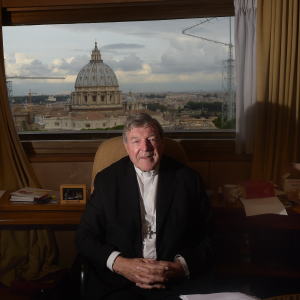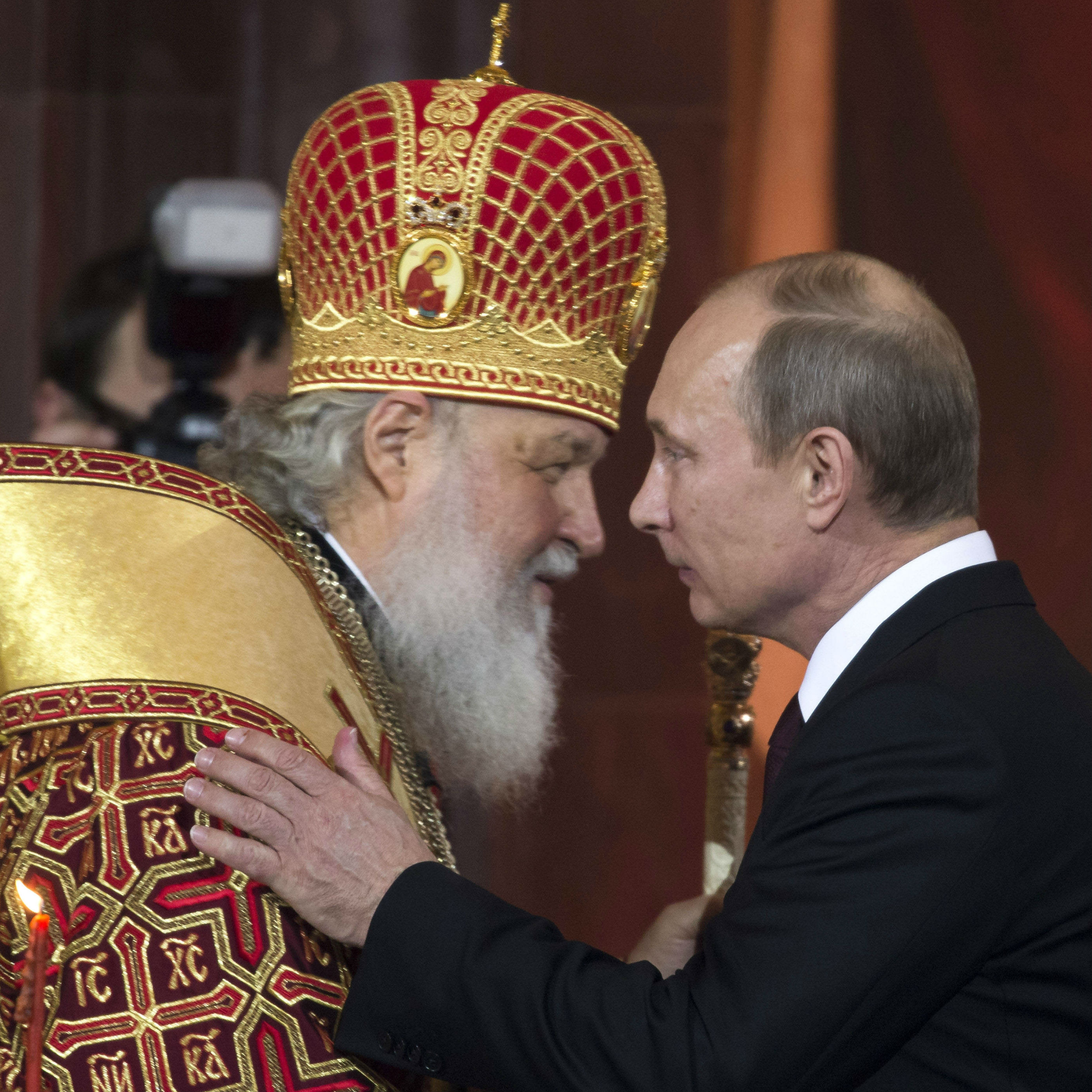Russian Orthodox Patriarch Kirill, whose Church is boycotting the Holy and Great Council of the Eastern Orthodox that opens in Crete on Monday, has said he hoped the meeting would help lead to a summit of all 14 autocephalous churches sometime in the future.
In a message to the Orthodox leaders “who have assembled on the island of Crete”, the head of the Moscow Patriarchate said his Church believed the meeting could not be a Pan-Orthodox Council because the Antioch Patriarchate had refused to attend and the Churches of Georgia, Serbia and Bulgaria had called for a delay in convening it.
He stressed that all member churches, large or small, had an equal voice in pan-Orthodox issues and said he hoped the current differences would not “weaken the God-commanded unity [and] grow into an inter-church conflict”.
“I trust that if there is good will, the meeting in Crete can become an important step towards overcoming the present differences,” Kirill said. “It can make its own contribution to the preparation of that Holy and Great Council which will unite all the local autocephalous churches without exception.”
Ecumenical Patriarch Bartholomew, the spiritual head of the world’s 250-300 million Orthodox believers, called Orthodoxy’s first supreme council in over 1,200 years as an initial step toward a revival of its conciliar system of leadership.
Council spokesman Fr John Chryssavgis has said the Council will go ahead without the absentees and its decisions would apply to all Orthodox churches. The Serbian Church initially called for the Council to be postponed, but its Patriarch Irinej attended a pre-Council meeting in Crete on Friday.
Kirill, whose Church represents about two-thirds of the world’s Orthodox, stressed its weight in inter-church affairs by sending his message “on behalf of the Russian Orthodox Church and on behalf of the Orthodox faithful in Russia, Ukraine, Belorussia, Moldova and other countries, who comprise the vast flock of the Moscow Patriarchate”.
He did not spell out the difficulties that he said the Council preparations had “fully revealed”, but remarks by a professor from his Church’s academy pointed to the larger tensions between the large Russian Church and the small Ecumenical Patriarchate of Constantinople (Istanbul).
“The Pan-Orthodox Council has failed, it is a conference of bishops,” said Alexey Svetozarsky, professor of the Moscow Theological Academy, told the Russian news agency Interfax. “The agenda is miserable.”
“We see the life of the Orthodox Church as a fraternal unity of separate local Orthodox Churches, which should settle problematic questions jointly, not dictated by a certain "Eastern pope," very small pope, caricatured in a certain sense, even though in a high rank,” he said.
Svetozarsky criticised the Ecumenical Patriarch, who attended Pope Francis’s installation and met him in the Holy Land and Lesbos, as seeking to move Orthodoxy too close to the Vatican.
"Anyone can search in [an] internet browser for 'Patriarch Bartholomew' — he jumps out of his frock as he wants to serve with the Pope of Rome,” he said. “It is an absolutely inexplicable moment. The Constantinople patriarch was the first person who congratulated the pope during enthronement at St. Peter's Square.”
Another major concern of the Moscow Patriarchate is the confused situation in Ukraine, where there are three different Ukrainian Orthodox churches — one under the Moscow Patriarchate, one under the Kiev Patriarchate founded in 1992 and a third independent group.
Orthodoxy is especially strong in Ukraine and the Moscow Patriarchate is concerned about losing members to competing churches. Ukraine’s parliament in Kiev hit that raw nerve on Thursday by approving an appeal to Bartholomew to help unite the three bodies into one autocephalous church.
"The Ukrainian parliament calls on the Ecumenical Patriarch to take an active part in overcoming the consequences of the church schism through convening under the aegis of the Ecumenical Patriarch a pan-Ukrainian unification council that would solve all disputes and unify Ukrainian Orthodox churches," the appeal said.
The Ecumenical Patriarchate recognises the Moscow-linked Ukrainian church as the region’s valid Orthodox church. The Council in Crete will not change that but the issue of whether Ukraine should have its own autocephalous church when much smaller independent Orthodox churches exist elsewhere will not go away.




 Loading ...
Loading ...